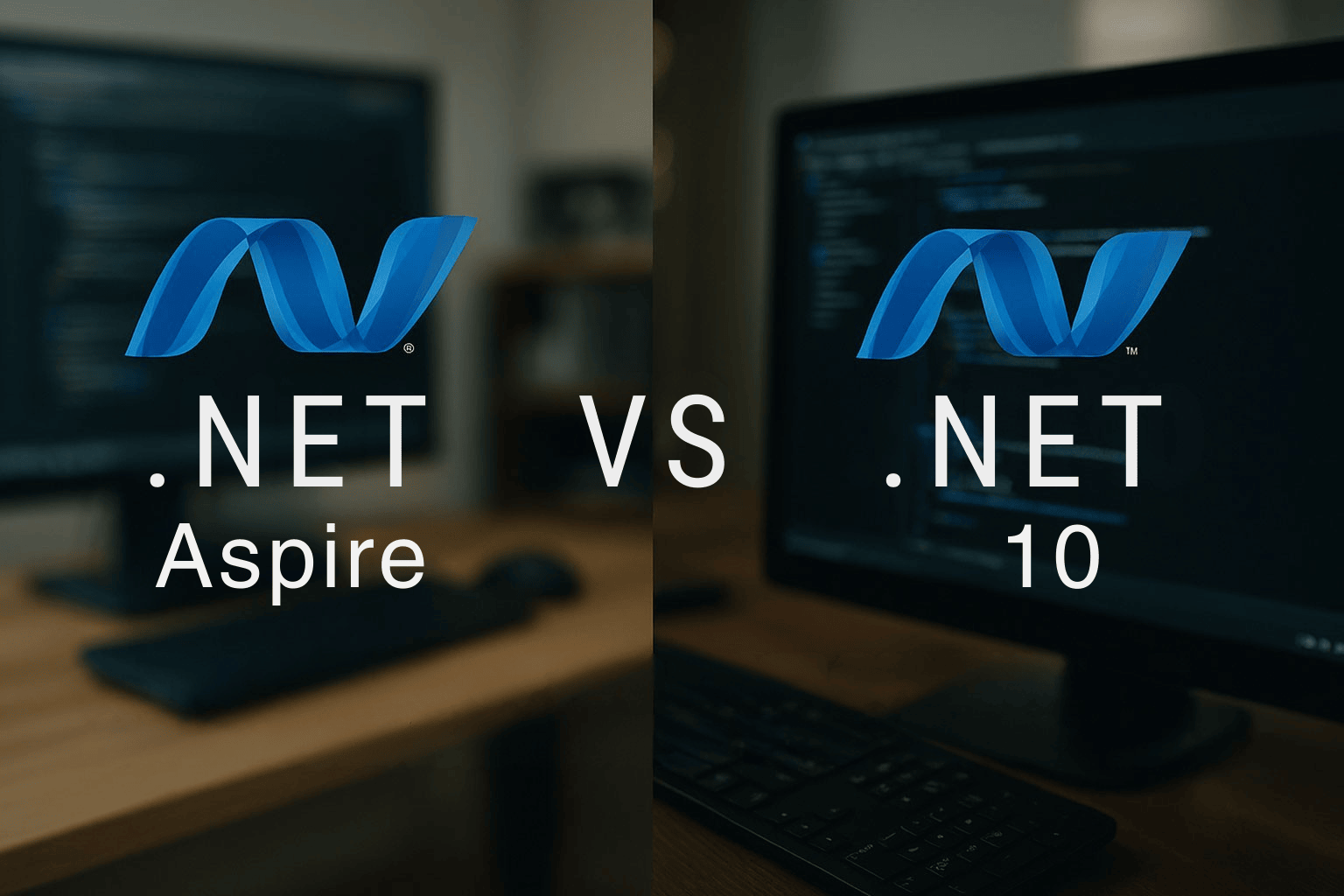Common IoT Use in Enterprise: Transforming Business Operations

23 Oct 2024
Introduction
From the time it was just an idea, the Internet of Things (IoT) has become transformational technology changing how firms operate, innovate, and compete. The Internet of Things (IoT) connects devices, systems, and processes enabling organizations to collect huge amounts of information which they analyze later to make informed choices hence improving productivity. In this post, we will examine several commonly used IoT applications within corporate environments.
Predictive Maintenance
One of the main advantages of IoT in organizations is Predictive Maintenance. Companies can monitor machinery and equipment performance in real time by utilizing IoT sensors. These sensors can provide data on temperature, vibration, and pressure parameters. Through advanced analytics, one will be able to forecast when it could be time for repairs thereby making early replacements on machines before breaking down happens altogether.
- Benefits
- Reduces unplanned downtime
- Lowers maintenance costs
- Extends equipment lifespan
Asset Tracking and Management
Large firms that stock or own a lot of items in many places can greatly benefit from control over property through the Internet of Things devices. Such devices can help monitor where an asset is located, its state, or how it is moving at any time. This technology matters most for industries such as shipping, production, and commercial that need to effectively manage their properties all the time.
Benefits
- Enhances inventory accuracy
- Improves operational efficiency
- Reduces losses due to theft or misplacement
Smart Warehousing
Smart warehousing solutions brought about by IoT are changing the management of warehouses. IoT-level sensors, RFID labels, and autonomous robots are providing a fresh lease of life to warehouse systems. Real-time inventory tracking, automatic restocking, and optimized space utilization are the properties of these technologies.
Benefits
- Increases inventory turnovery
- Reduces labor costs
- Minimizes human error
Energy Management
Energy is a huge cost for many businesses in operation. IoT technology enables firms to use smart energy management systems that are capable of monitoring and controlling energy consumption in real time. For instance, they can save considerable amounts of power as IoT sensors adjust lighting, heating, or cooling systems as per occupancy and usage patterns.
Benefits
- Lowers energy costs
- Reduces carbon footprint
- Improves sustainability efforts
Enhanced Security and Surveillance
In increasing an organization’s protection, the IoT is by far the most important component. Facilities can be observed 24 hours a day, seven days a week thanks to the Internet of Things-enabled CCTV cameras which send alerts immediately if they are accessed without permission or there is a security breach. Moreover, access control systems can integrate with Internet of Things (IoT) devices to ensure that only authorized people get into sensitive locations.
Benefits
- Improves safety and security
- Enables real-time monitoring
- Integrates with other security systems
Environmental Monitoring
By employing the Internet of Things (IoT), organizations can effectively track environmental states such as temperature, humidity, and air cleanliness. Sensors using IoT technology can keep an eye on these parameters over time so that all regulations are followed and critical possessions like food do not spoil because of bad climate conditions.
Benefits
- Ensures regulatory compliance
- Protects sensitive assets
- Reduces waste and spoilage
Fleet Management
Fleet management in fields such as transportation and logistics is being transformed by IoT. Vehicles equipped with IoT devices can track even fuel consumption and driver conduct. The enterprises can enhance their paths, lessen fuel expenses as well as streamline the productivity of their entire fleet with this information.
Benefits
- Optimizes logistics operations
- Reduces fuel consumption
- Enhances driver safety
Conclusion
From being posited as a buzzword, the Internet of Things (IoT) has now become vital for companies that intend to remain competitive in ever-changing business contexts. IoT applications in organizations are multiple and varied, including among others, preventive maintenance and smart warehouses. While there is still room for growth among IoT technologies, they would keep affecting business operations positively if we embraced them well which would also promote innovativeness as well as effectiveness.





